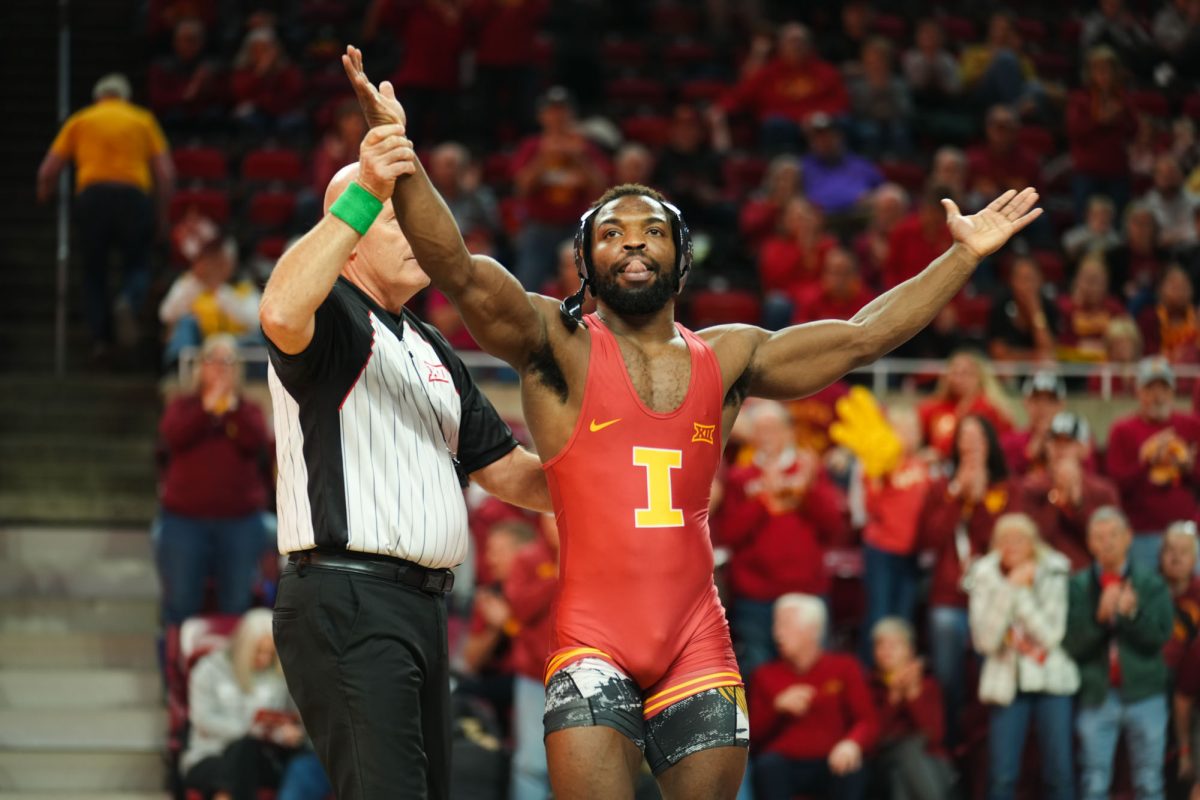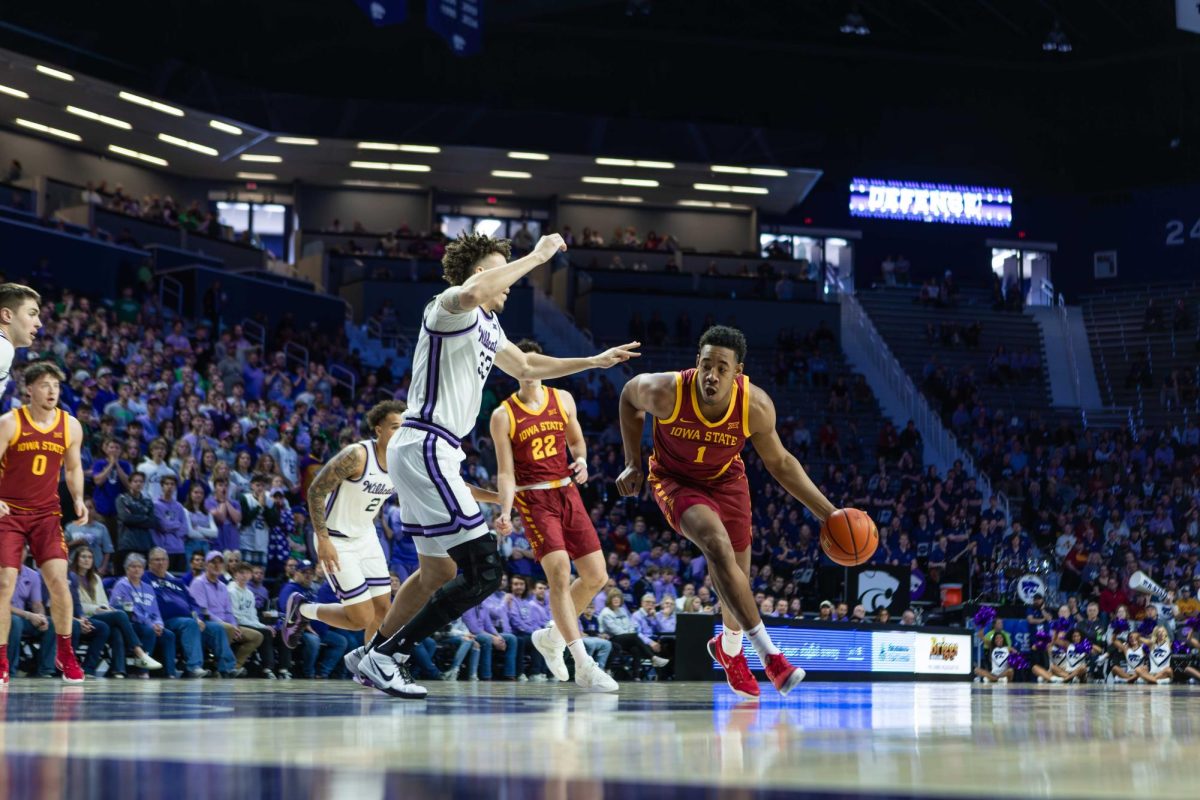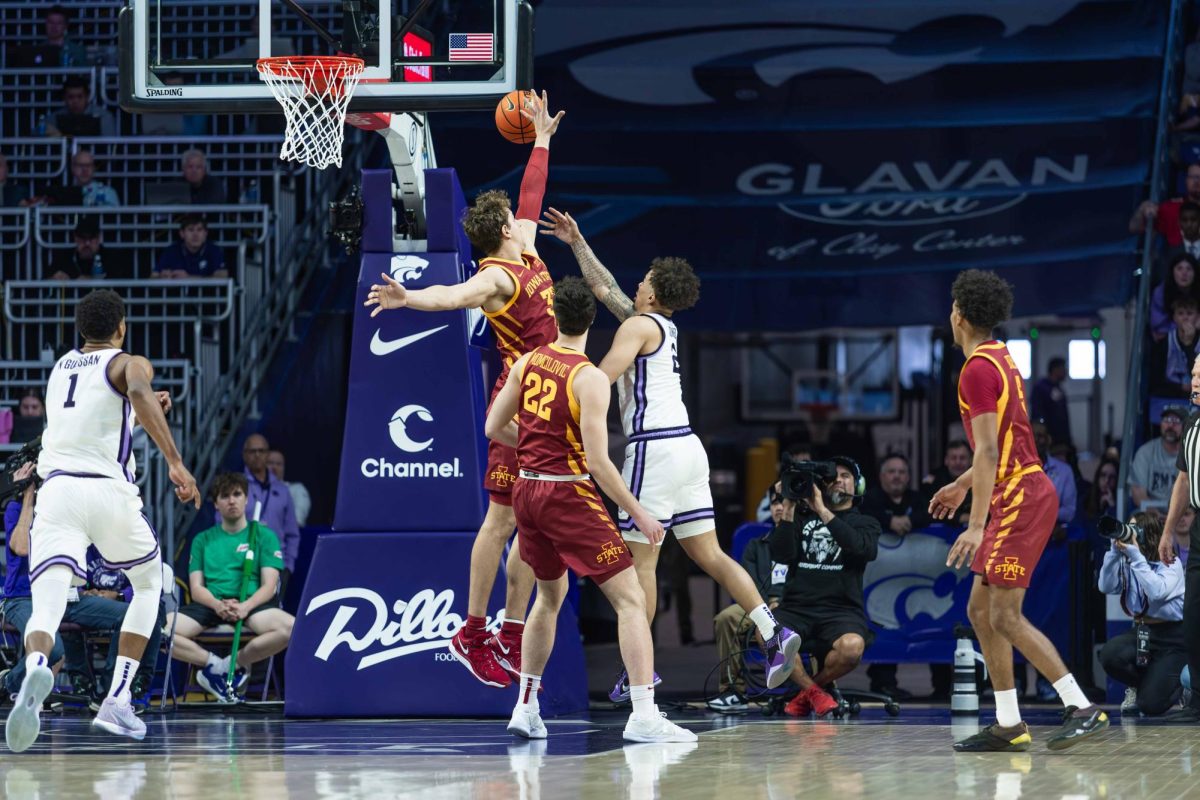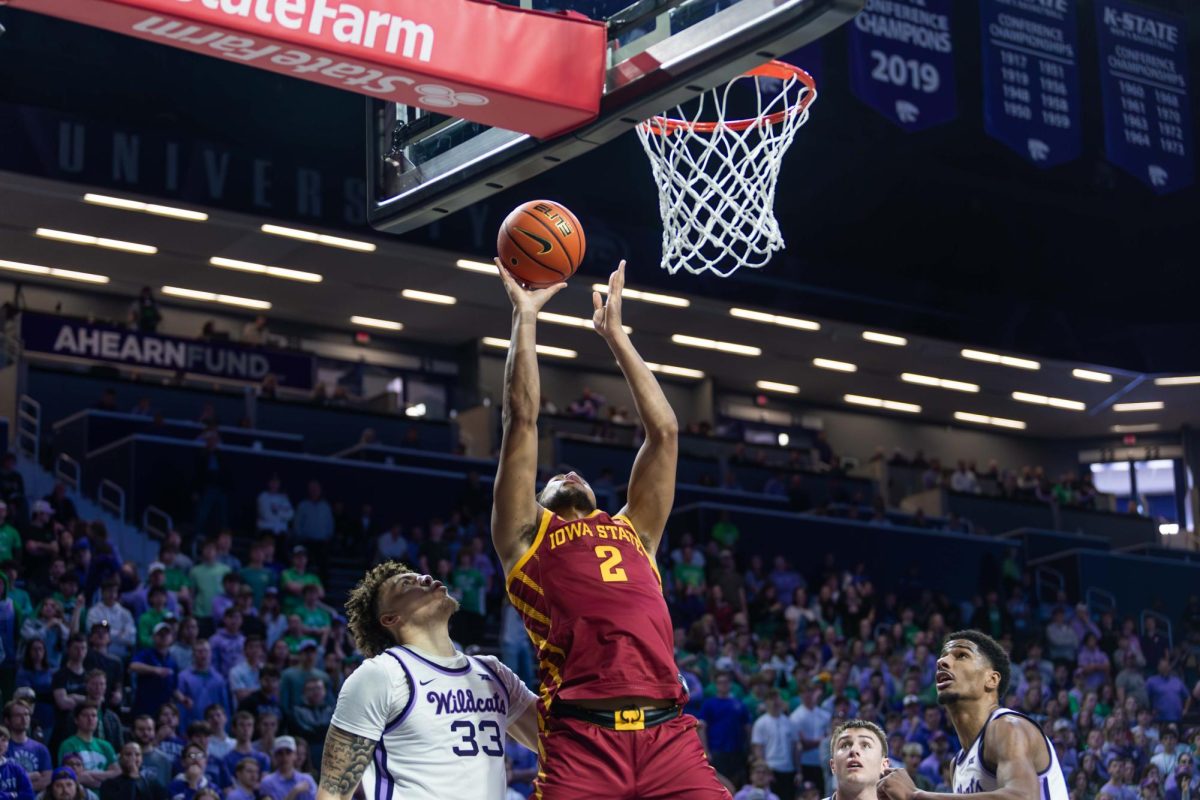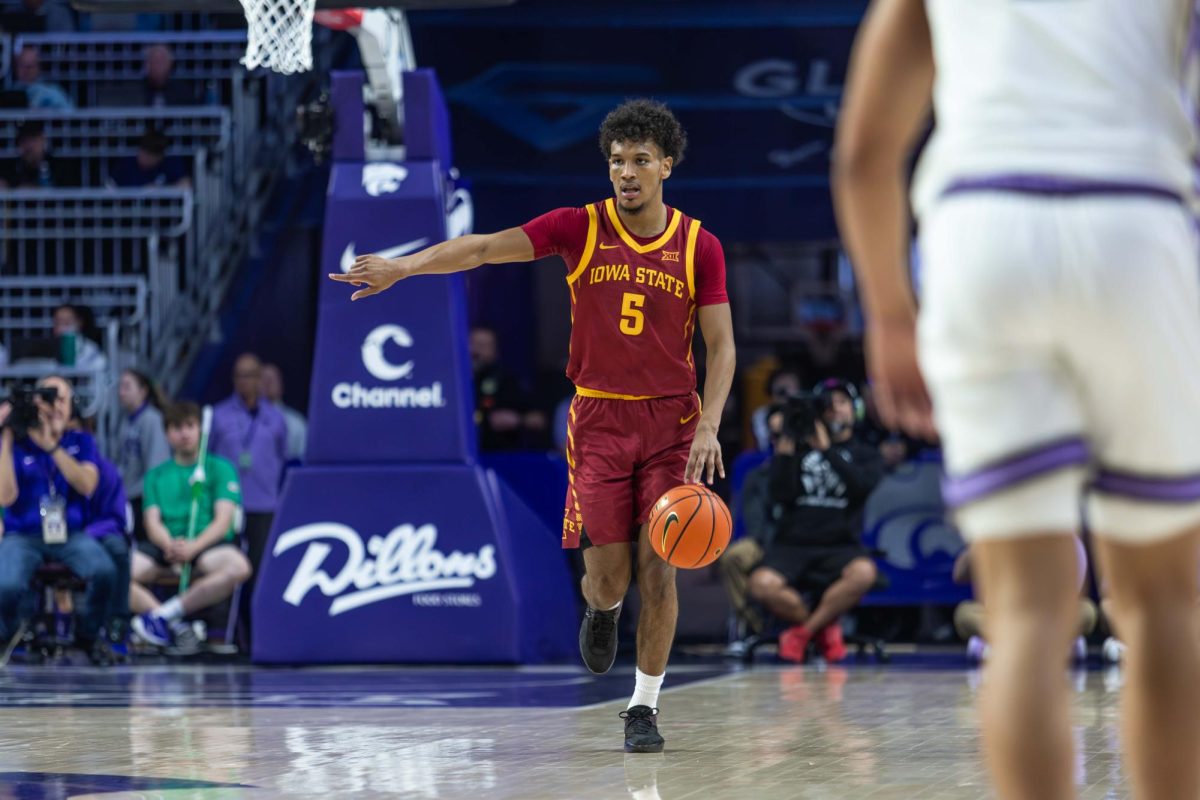Too many questions, not enough answers
September 26, 1995
Too many questions surround the Special Fees Committee’s commitment to pump additional funds into the athletic department and Cy-Ride’s need for more money.
GSB President Dan Mangan, one of the committee’s 11 members, has said that Cy-Ride’s expected loss of about $500,000 in federal funding won’t affect the committee’s commitment to give the athletic department $5 more per student this year and another additional $5 next year.
Mangan has said if the committee decides students support increasing their contribution to Cy-Ride, that doesn’t necessarily mean athletic department funding will be affected.
But is that practical?
Students pay about $115 per semester in student fees. Based on a cross-term, annual enrollment of about 52,000 students, that’s about $6 million in special fee income. About $800,000 goes to Cy-Ride; about $750,000 will go to the athletic department.
Cy-Ride and the athletic department are among the committee’s big commitments. Why would the athletic department be exempt if cuts must be made? If not from athletics, then from where will the money come?
What’s more, the committee’s beefed-up commitment to the athletic department was based on an anticipated tuition increase of about 4.5 percent.
Student fees are raised by the same percentage as tuition. Committee members had anticipated the annual percentage increase would be enough to cover this year’s additional $5 per student commitment to the athletic department.
But the lowest proposed tuition increase in 14 years will only bring the Student Fees Committee an additional $4.02 per student, leaving the balance to be covered.
In lay terms: The Student Fees Committee doesn’t have enough money to pay the athletic department what it promised without cutting from other areas, let alone increasing funds for Cy-Ride.
Who’s going to pay? What’s going to lose?
Part of the problem arose last spring when university officials were contemplating dropping five nonrevenue sports, which prompted the decision to give the department more student money.
But why weren’t student leaders informed last spring of the possibility of a Big 12 title game that will now bring in an additional $550,000?
And why weren’t students told that if a second Big Eight football team qualified for the Bowl Alliance, the university could take in another $500,000 in supplemental revenue?
The athletic department is now operating with a $750,000 surplus, but coupled with that announcement came a warning that Cyclone Stadium is about to fall down if expensive repairs aren’t made.
Why haven’t we heard about the stadium’s problems before?
If the athletic department can balance its own budget, without students’ money, shouldn’t it?
Too many questions; too few answers.


